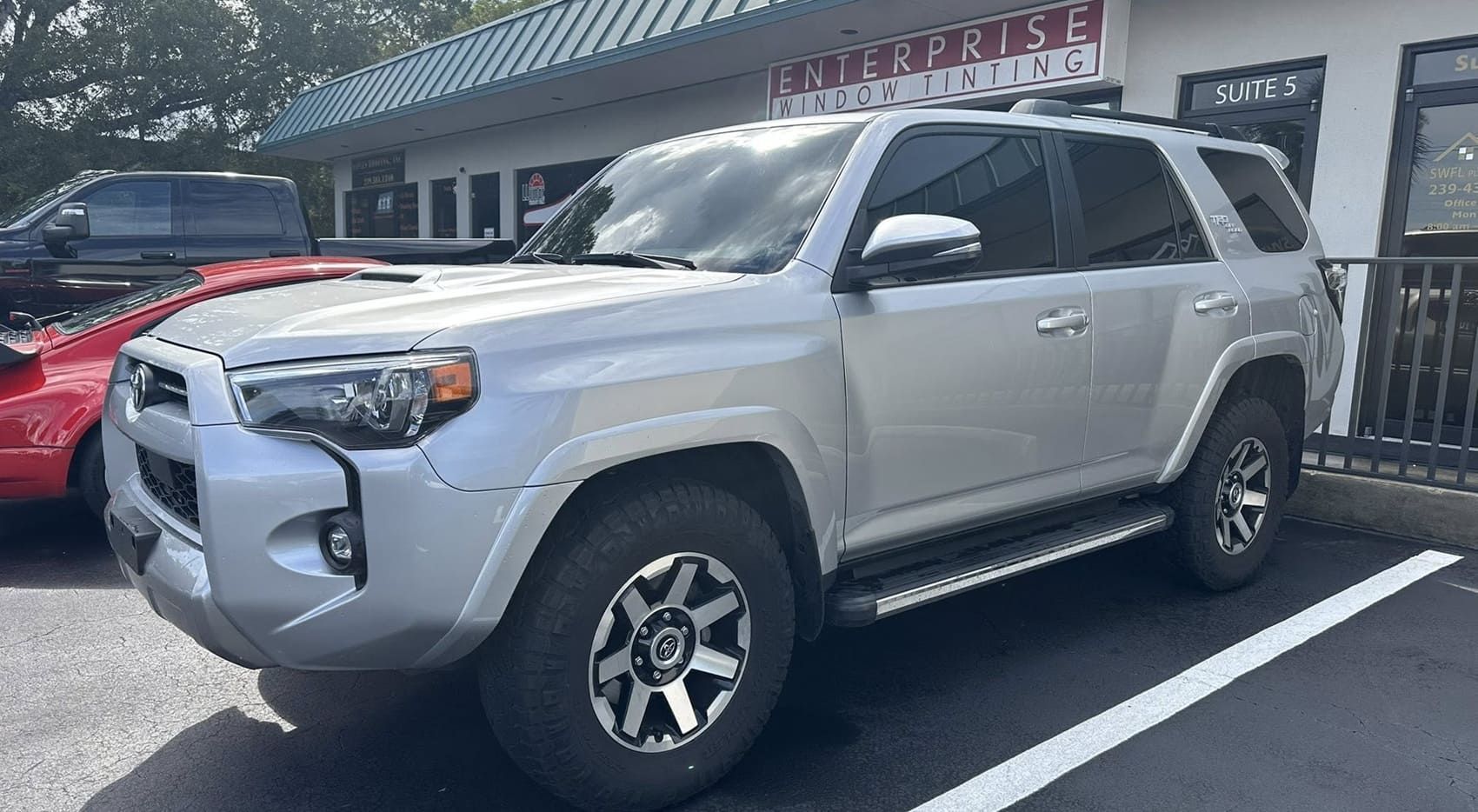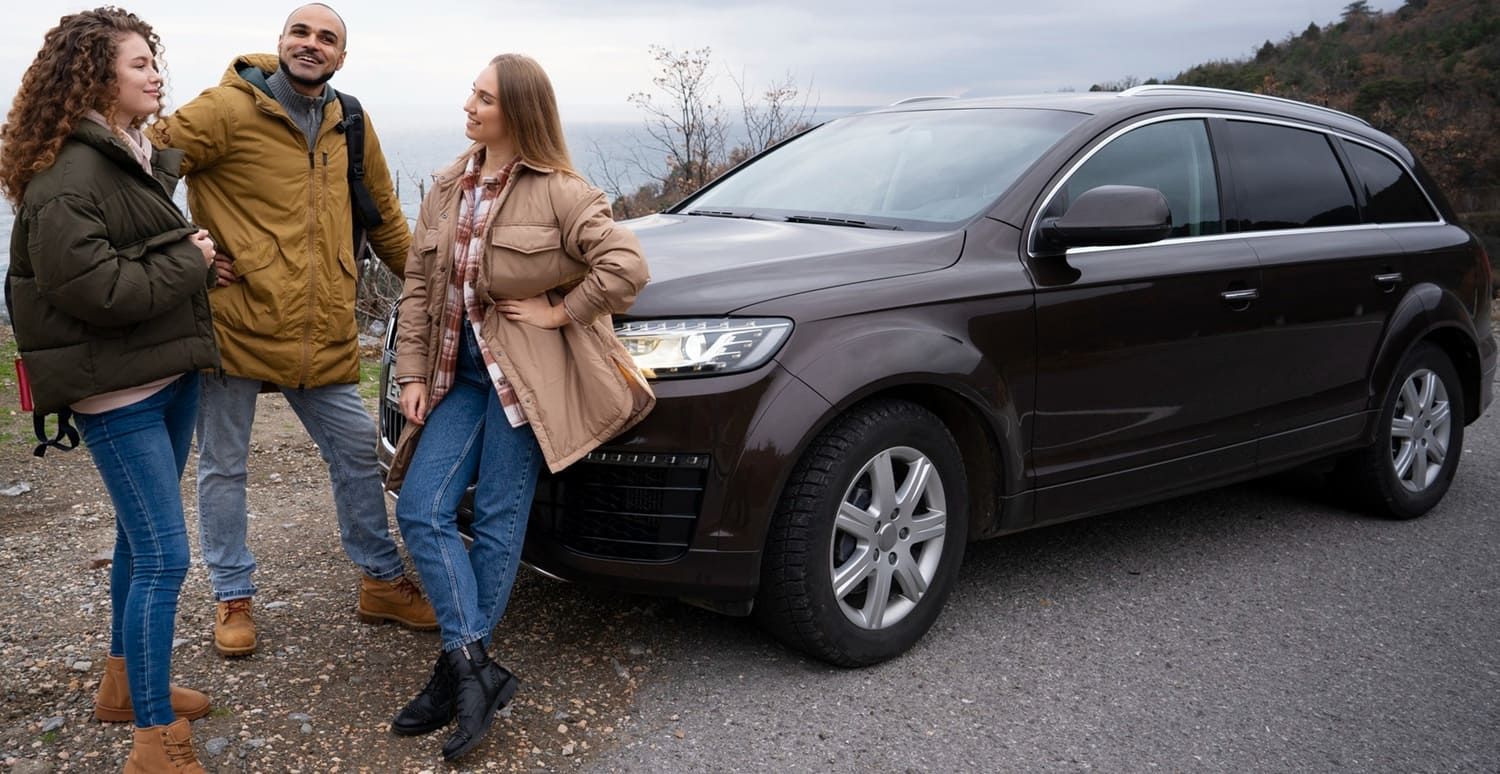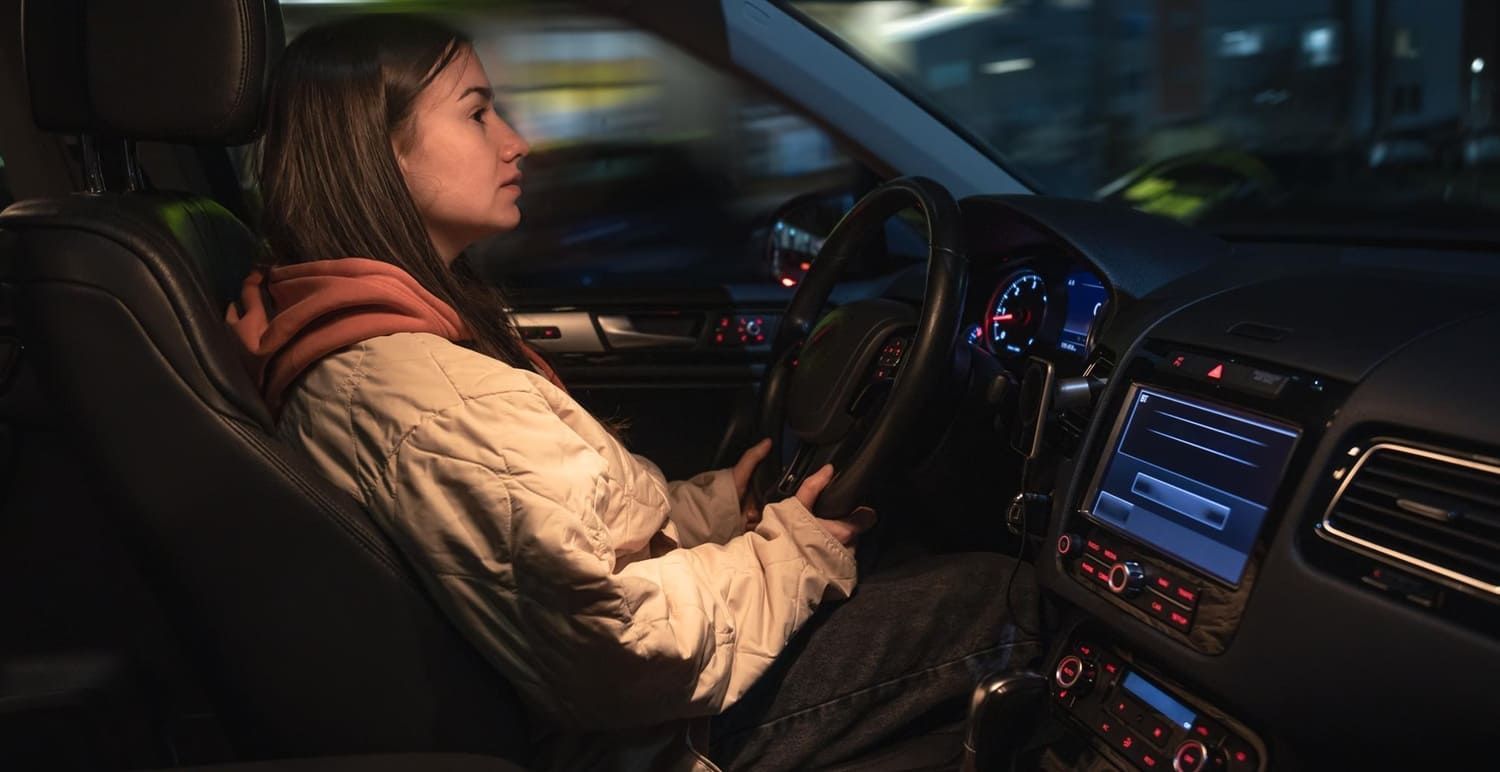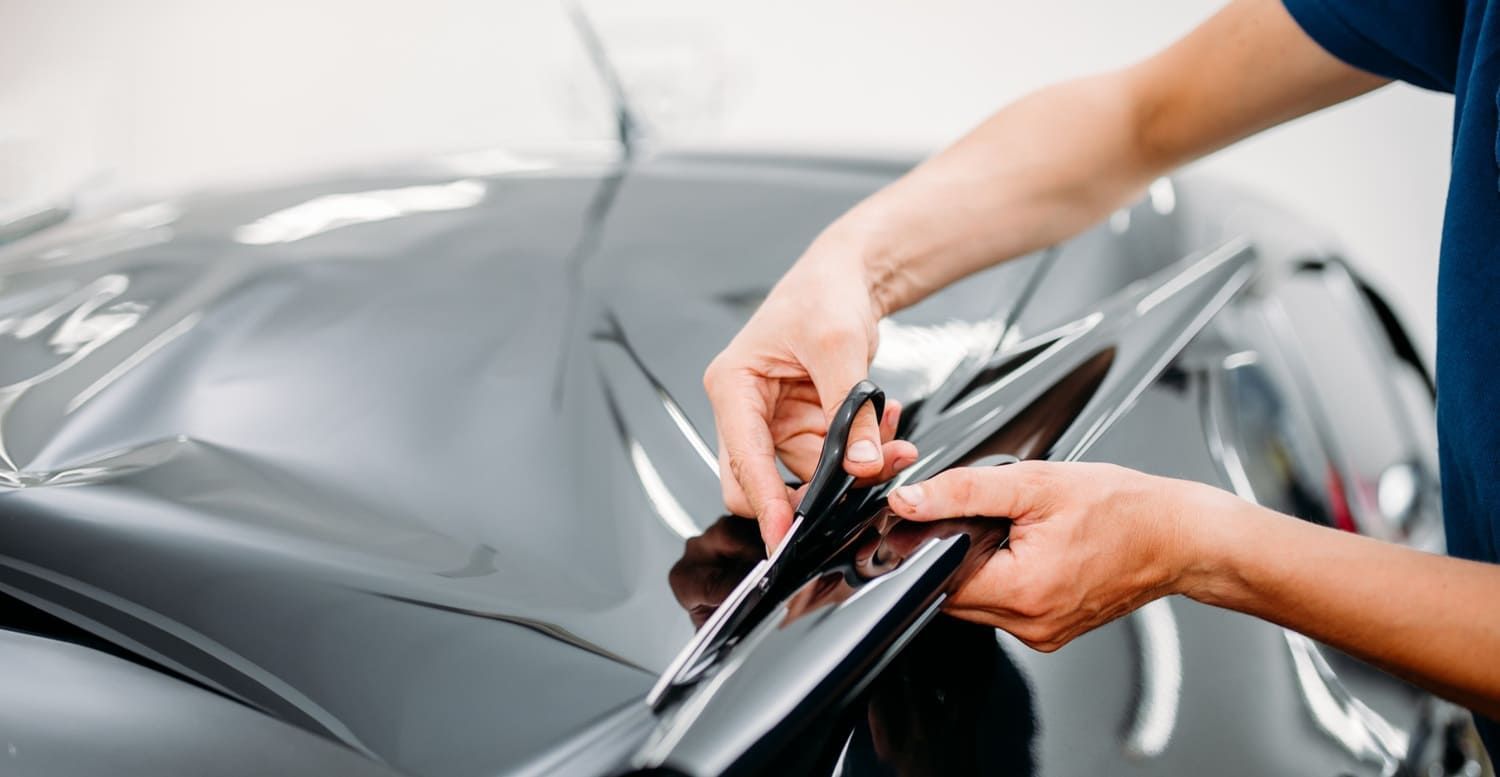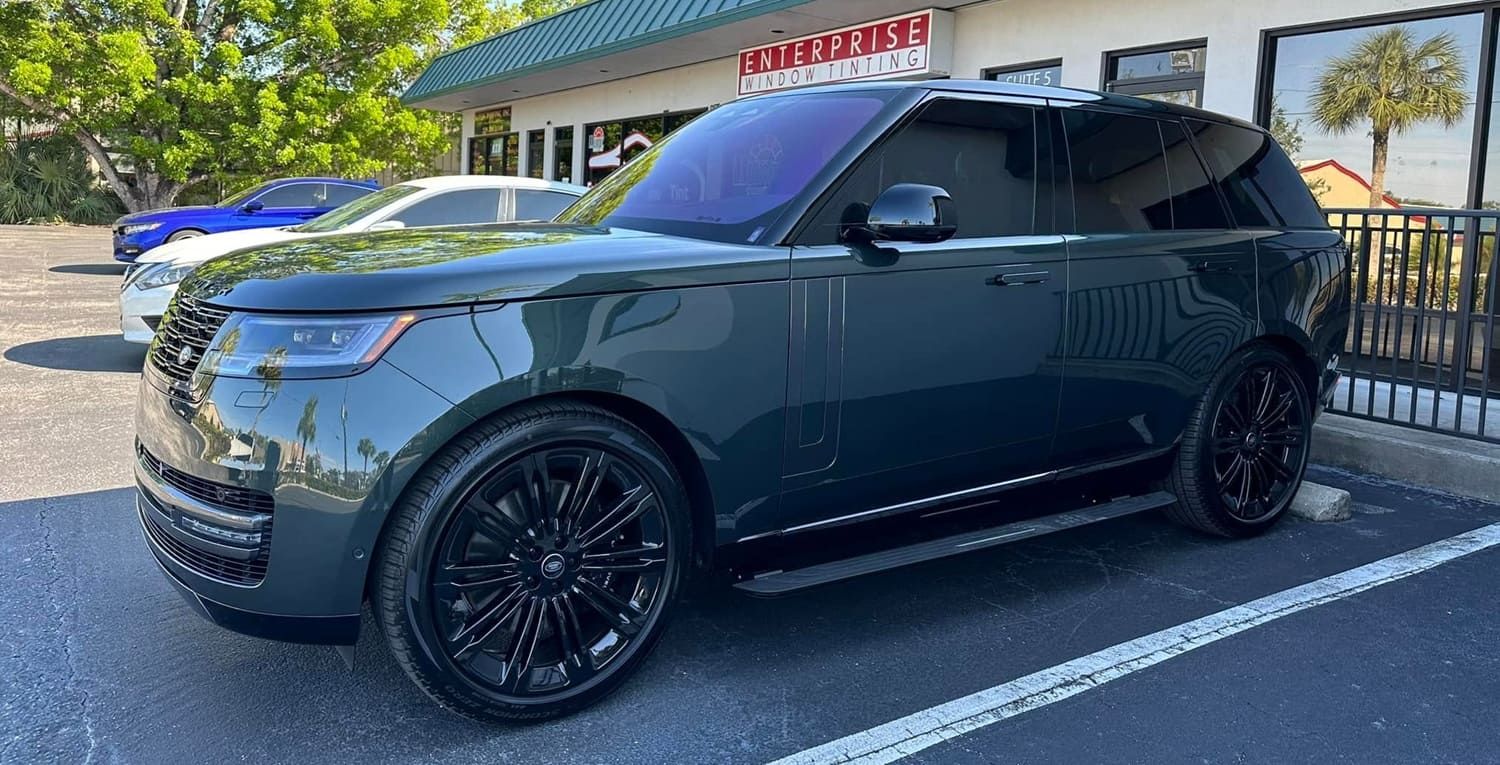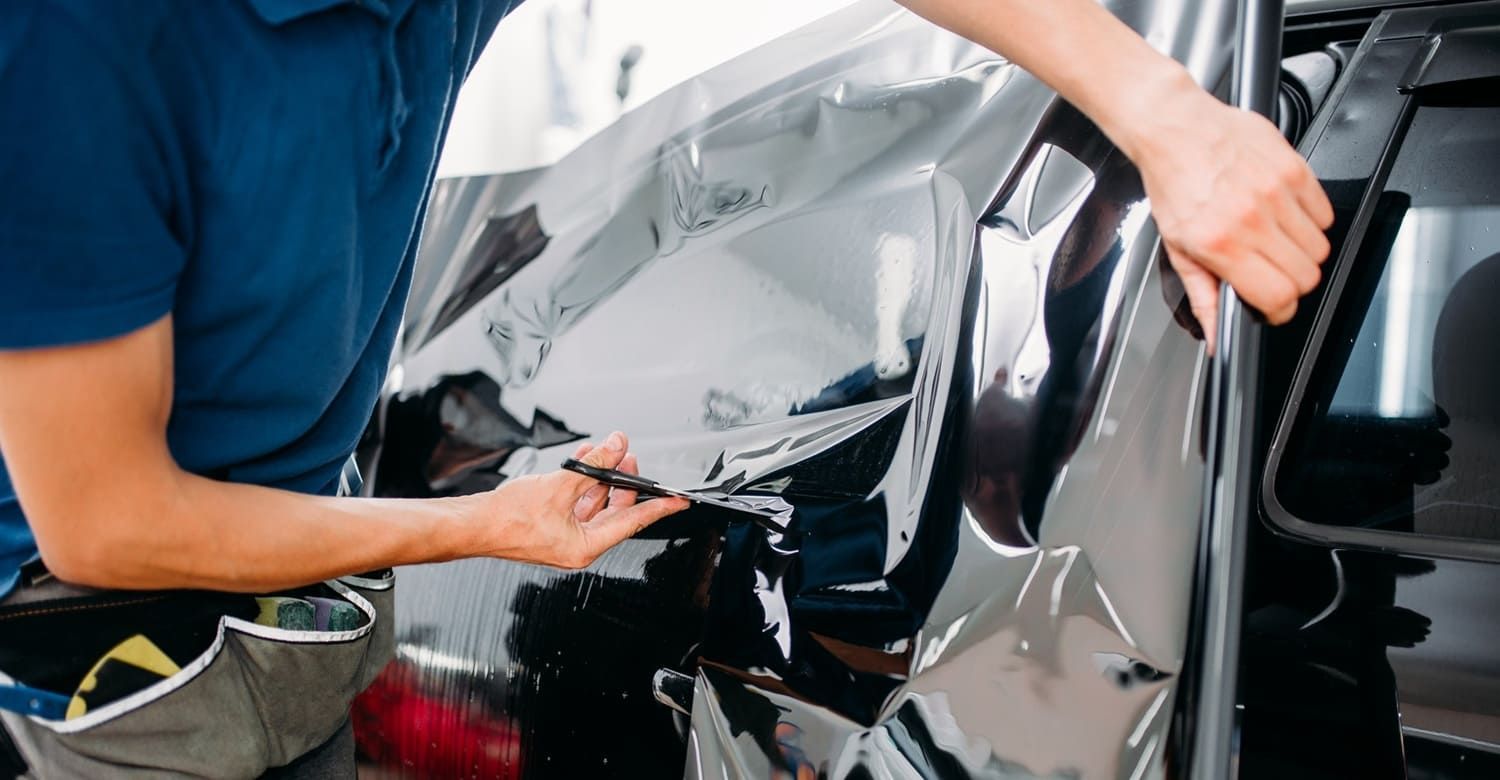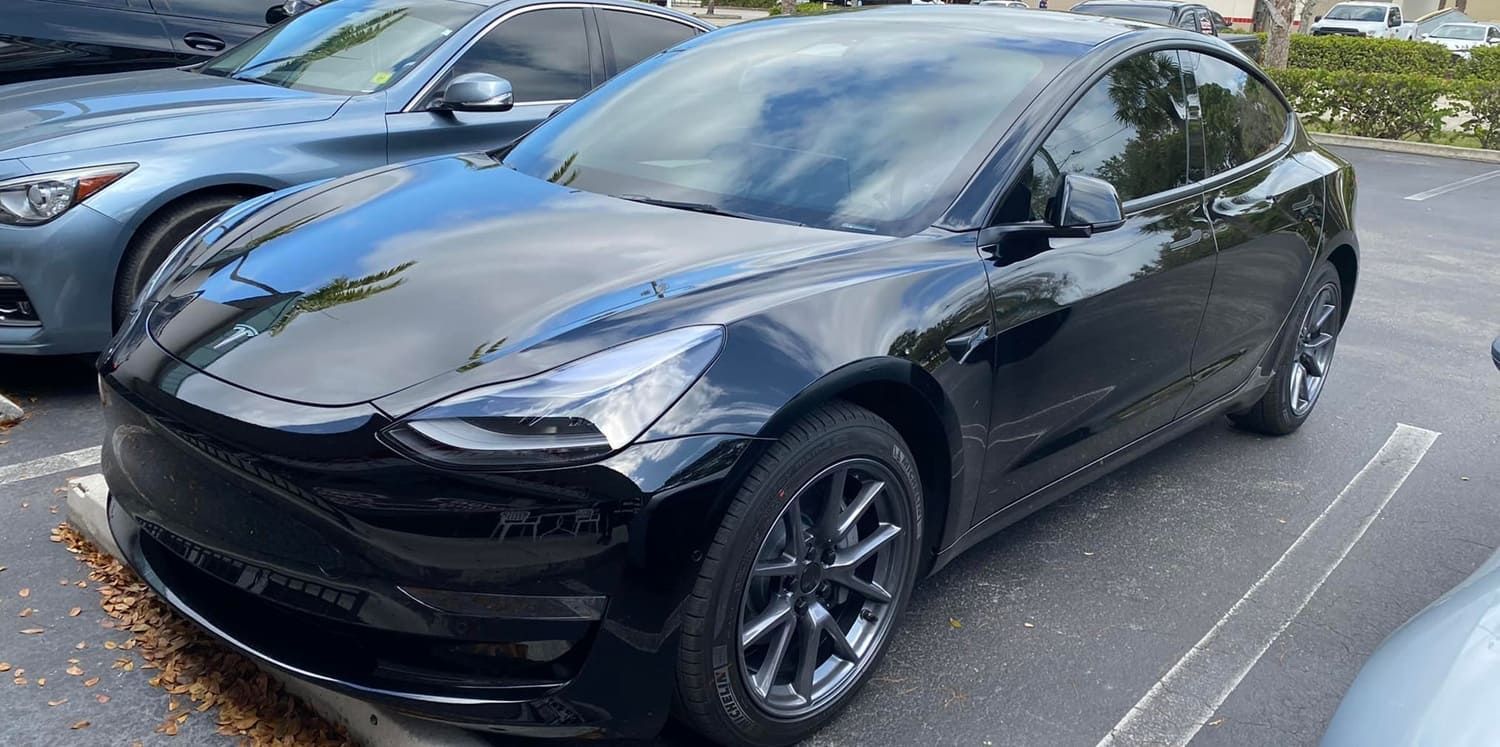Can Auto Window Tinting Improve Your Car’s Fuel Efficiency?
When it comes to enhancing your vehicle, window tinting is often associated with style, privacy, and protection from the sun's harmful rays. However, there's an aspect that many car owners might not consider—fuel efficiency. Auto window tinting can indeed play a role in improving your car's fuel economy. This added benefit of window tinting can often be overlooked, but understanding how it works could be beneficial for any car owner looking to maximize their vehicle’s performance. Let's delve into the how and why of it.
Auto window tinting involves applying a thin film to your car windows. This film is usually made from polyester and is designed to reduce the amount of sunlight and heat entering your vehicle. The primary purpose of this film is to create a barrier against solar energy, which can significantly affect your car's interior temperature. Not only does this keep your car cooler, but it also protects the interior from fading and provides added privacy. Tinting can transform the aesthetic of your vehicle, giving it a sleek look while enhancing the comfort of your ride.
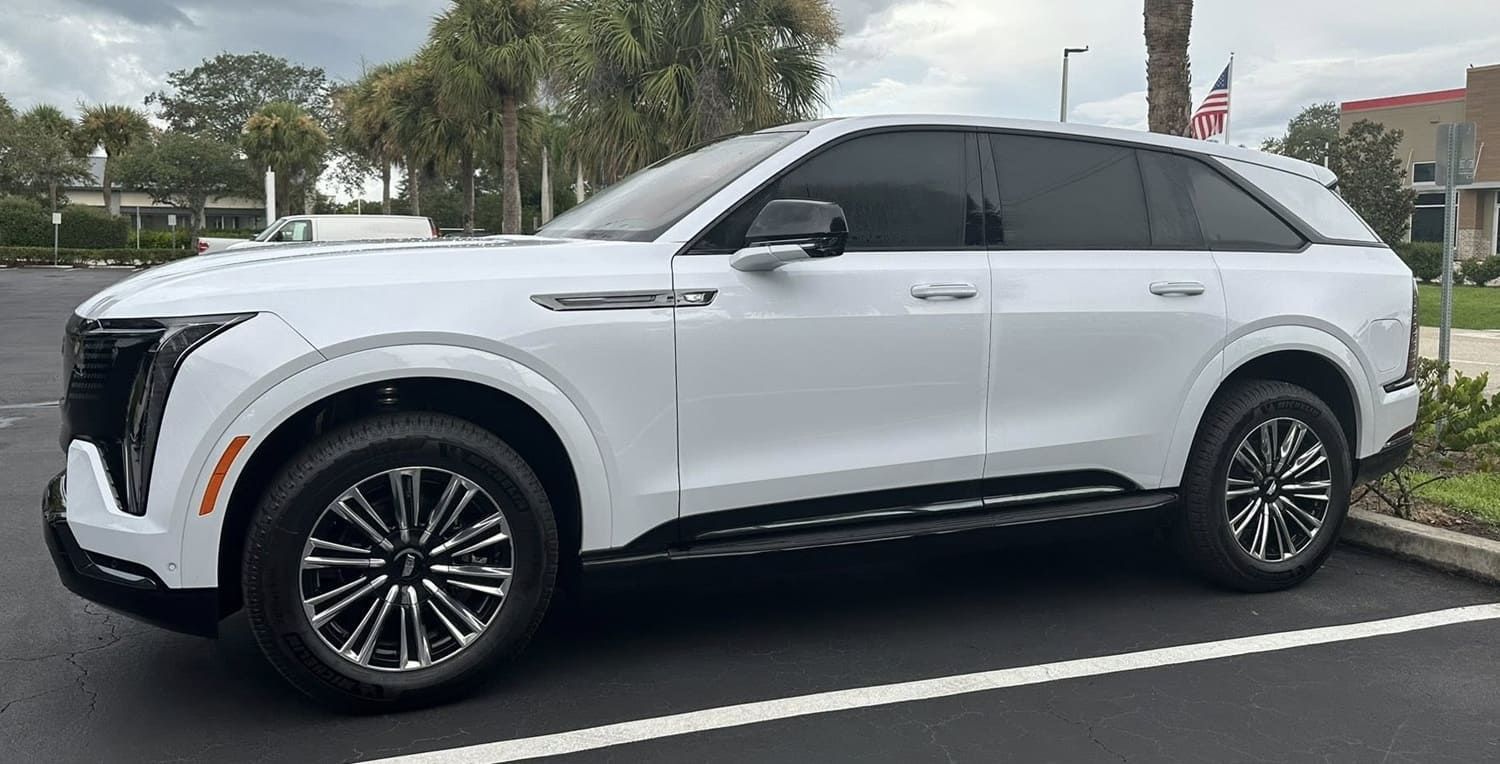
Types of Window Tinting Films
There are several types of window tinting films available, each with its own benefits:
- Dyed Window Tinting Film: This is the most cost-effective option. It uses a layer of dye to absorb heat. While it provides a good level of privacy, it may not be as effective in blocking UV rays. Its affordability makes it a popular choice for those looking to improve the look of their car without a significant investment. However, its limitations in UV protection mean that it may not be the best choice for those seeking maximum solar energy rejection.
- Metalized Window Tinting Film: This type uses tiny metallic particles to reflect heat and block UV rays. It's more durable than dyed film but can interfere with electronic signals. The metalized particles create a shiny appearance which some find appealing, though it can affect phone and GPS signals. This type of film strikes a balance between performance and durability, making it a solid mid-range option.
- Carbon Window Tinting Film: Known for its matte finish, carbon film effectively blocks infrared light, which can heat up your car's interior. It doesn't fade over time and doesn't interfere with electronics. Carbon tints are an excellent choice for those who want a durable, high-performance solution without the drawbacks of metalized films. The non-reflective finish offers a modern look while providing excellent heat rejection.
- Ceramic Window Tinting Film: The highest quality option, ceramic film blocks a significant amount of UV and infrared light. It doesn't fade, and it provides excellent clarity and performance. Ceramic films are often considered the best in the industry due to their superior performance in both heat reduction and clarity. They are more expensive, but for many, the investment is worth it for the comfort and protection they provide.
Popular Brands
One of the popular brands in the market is LLumar, known for its high-quality window tinting options. LLumar films are designed to provide excellent heat rejection, UV protection, and enhanced comfort. Their range of products caters to various needs and budgets, ensuring that customers can find the perfect match for their vehicles. Other reputable brands include 3M and SunTek, both of which offer advanced technology in their films to deliver superior performance and durability.
How Does Window Tinting Affect Fuel Efficiency?
The connection between window tinting and fuel efficiency might not be immediately obvious. However, the principle is simple: the cooler your car's interior, the less work your air conditioning system has to do. When your vehicle's AC works less, it consumes less fuel, thereby enhancing fuel efficiency. Here's how it works:
Reducing Heat Buildup
Window tinting films are designed to block a significant amount of solar energy. By doing so, they reduce the heat that builds up inside your car. On a hot day, a car with untinted windows can become extremely hot, causing you to crank up the air conditioning as soon as you get in. The film acts as a shield, significantly reducing the greenhouse effect that raises the temperature inside your car. This not only keeps the car cooler but also ensures that the cabin reaches a comfortable temperature more quickly.
Lowering Air Conditioning Usage
When your car's interior is cooler, you won't need to use the air conditioning as much or at its maximum setting. Since the air conditioning system is one of the largest drains on your car's fuel, reducing its usage can lead to better fuel efficiency. By decreasing the reliance on AC, not only do you save on fuel, but you also reduce the wear and tear on your vehicle's air conditioning system, potentially extending its lifespan. This dual benefit makes window tinting a wise choice for those looking to cut down on vehicle maintenance costs and fuel expenses.
Protecting the Interior
In addition to improving fuel efficiency, window tinting also helps protect your car's interior. The UV rays from the sun can cause your seats, dashboard, and other surfaces to fade and crack over time. By blocking these rays, window tinting preserves the interior, potentially saving you money on repairs and replacements. A well-maintained interior can add to the resale value of your car, making window tinting a cost-effective investment in the long run. Protecting your car's interior from UV damage also enhances the overall driving experience by maintaining a fresh, new-car look for longer.
Choosing the Right Auto Window Tinting
When considering auto window tinting for fuel efficiency, it's important to choose the right type and quality of film. Here are some factors to consider:
UV and Infrared Protection
For optimal fuel efficiency, look for films that offer high levels of UV and infrared protection. Ceramic and carbon films are typically the best choices for this purpose. These films not only block a significant portion of solar energy but also ensure that your car's interior remains cooler even on the hottest days. Investing in high-quality films can provide long-term benefits, making them a smart choice for those prioritizing both fuel efficiency and interior protection.
Local Regulations
Before tinting your windows, check the local regulations in your area. Some regions have restrictions on how dark your window tint can be. Doing so ensures that you stay within legal limits while still reaping the benefits of tinting. Different states and countries have varying laws regarding window tint darkness and reflectivity, so it's crucial to be informed about these regulations to avoid fines or having to remove non-compliant tints.
Professional Installation
While DIY kits are available, professional installation is recommended. A skilled installer will ensure that the film is applied evenly without bubbles or imperfections, providing the best performance and longevity. Professional installers have the experience and tools necessary to apply the film correctly, reducing the risk of peeling or bubbling that can occur with DIY attempts. Quality installation is key to maximizing the benefits of your window tint.
Finding a Reliable Installer
Search for "car window tinting near me" to find reputable services in your area. Look for reviews and ratings to ensure you select a provider known for quality work and excellent customer service. A reliable installer will offer warranties on their work, giving you peace of mind that your investment is protected. Don't hesitate to ask for recommendations or check online forums for personal experiences to ensure you choose the best service available.
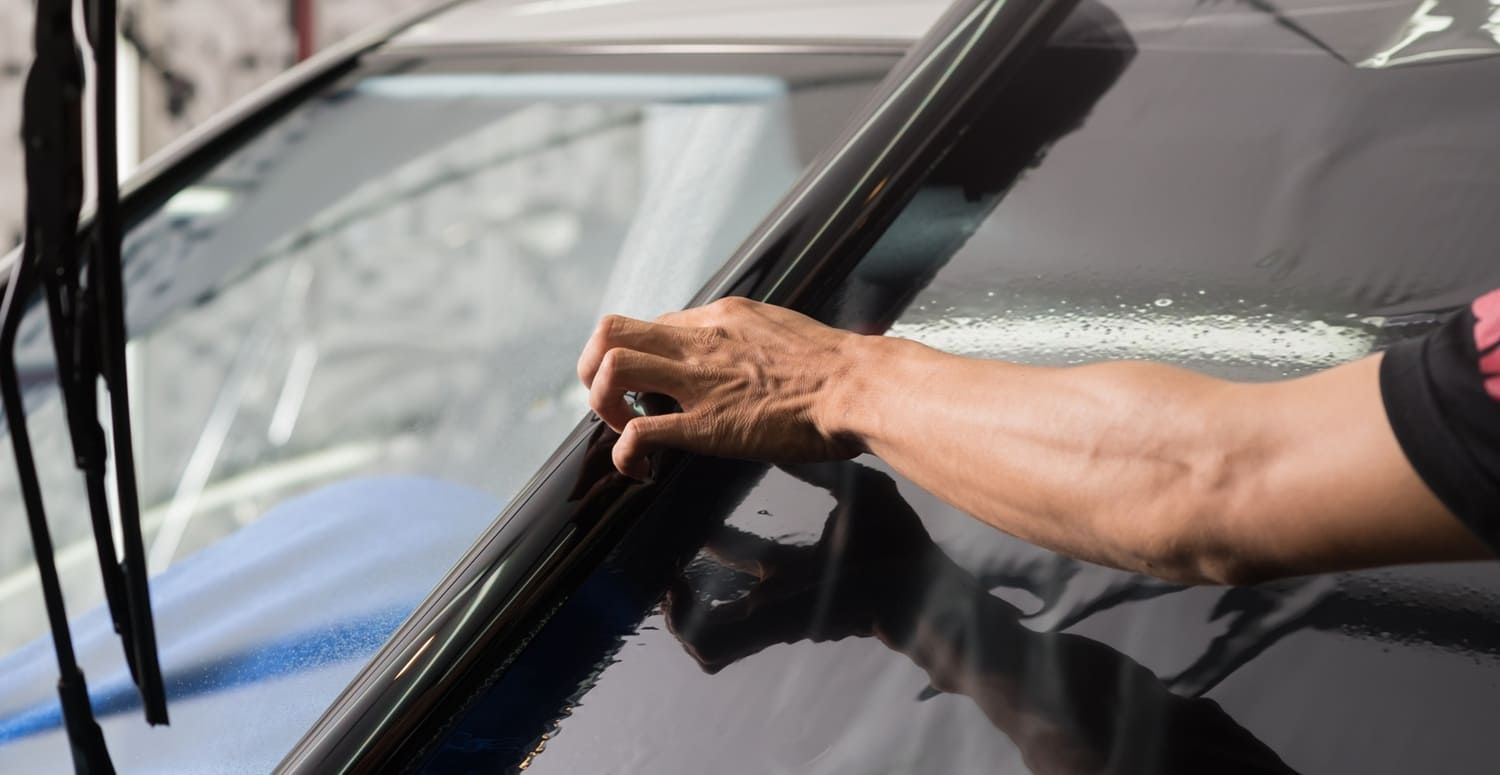
Additional Benefits of Auto Window Tinting
While improving fuel efficiency is a significant benefit of window tinting, there are several other advantages:
Increased Privacy and Security
Tinted windows make it harder for people to see inside your car, adding an extra layer of privacy. This can also deter potential thieves from targeting your vehicle. By obscuring the view into your car, window tinting helps protect any valuables left inside, reducing the risk of break-ins. Privacy is not just about security; it also contributes to a sense of personal space and comfort while driving.
Enhanced Comfort
By keeping your car cooler, window tinting makes your driving experience more comfortable, especially during long trips in hot weather. The reduction in glare and heat inside the vehicle can make a significant difference in how pleasant your journey feels. This enhanced comfort can be particularly beneficial for families with children or pets, making every trip more enjoyable for all passengers.
Reduced Glare
Glare from the sun and headlights can be distracting and even dangerous while driving. Window tinting reduces glare, enhancing your visibility and safety on the road. By minimizing glare, window tinting helps reduce eye strain and makes it easier to see the road and other vehicles clearly, contributing to safer driving conditions. This can be especially beneficial during sunrise or sunset when the sun's position can be particularly blinding.
Conclusion
Auto window tinting offers more than just aesthetic appeal. By reducing heat buildup and lowering your reliance on air conditioning, it can improve your car's fuel efficiency. Whether you're seeking to save on fuel costs or enhance your driving experience, window tinting is a valuable investment for any vehicle owner. The added benefits of privacy, comfort, and interior protection make it a comprehensive solution for enhancing your vehicle.
When choosing a tint, consider factors such as UV protection, local regulations, and professional installation. With options like LLumar and others, you can find a solution that meets your needs and keeps your car looking and performing at its best. Investing in quality window tinting not only elevates the appearance of your vehicle but also ensures that you enjoy a more comfortable and efficient ride.
ENTERPRISE WINDOW TINTING — Premier window tinting installers near you serving Naples, FL. Contact us today for a free estimate.
Frequently Asked Questions About Auto Window Tinting and Fuel Efficiency
Can window tinting really improve my car’s fuel efficiency?
Yes, by keeping your car cooler, window tint reduces the need for air conditioning, which helps save fuel.
How does tinting lower AC use?
Tint blocks infrared heat and UV rays, keeping cabin temperatures lower so your AC doesn’t have to work as hard.
Does using less air conditioning actually save gas?
Yes, air conditioning increases engine load, so reducing AC use directly improves fuel efficiency.
Is fuel savings from tinting noticeable?
Yes, especially in hot climates, where less reliance on AC can make a measurable difference in fuel consumption.
Can tinting help electric vehicles with efficiency too?
Yes, by lowering AC use, tinting reduces battery drain and extends driving range in EVs.
Does the type of tint affect fuel savings?
Yes, ceramic and carbon tints block more heat than dyed films, making them more effective for improving efficiency.
Can light tint shades still help save fuel?
Yes, even lighter shades with advanced technology can block significant heat without being dark.
Does tinting save more fuel in summer than winter?
Yes, the biggest fuel efficiency gains happen in hot weather when AC use is highest.
Will tinting affect my car’s aerodynamics?
No, tint is applied to windows and does not change the vehicle’s shape or airflow.
Is tinting a long-term way to save fuel?
Yes, since high-quality films last 10+ years, the efficiency benefits continue over the vehicle’s lifespan.
Does tinting reduce emissions as well as fuel use?
Yes, by lowering fuel consumption, tint indirectly reduces your car’s carbon footprint.
Can tinting be considered an eco-friendly upgrade?
Yes, because it saves energy, improves efficiency, and reduces environmental impact.
Will tinting save more money on fuel or interior protection?
Both—tint saves on fuel while also protecting interiors from UV damage, cracks, and fading.
Is ceramic tint the best choice for fuel efficiency?
Yes, ceramic films reject the most heat, leading to the greatest fuel and energy savings.
Can window tinting pay for itself in fuel savings?
Yes, over time, reduced fuel costs and AC use can offset the installation price.
Does tint help with fuel efficiency during city driving?
Yes, because AC use in stop-and-go traffic drains fuel quickly, tint reduces the need to blast AC constantly.
Do all cars benefit equally from tinting?
Cars in hotter regions and with larger windows see the most noticeable fuel savings.
Is tinting a substitute for good car maintenance for fuel economy?
No, tinting helps reduce AC load, but regular maintenance like tire care and oil changes is still essential for fuel efficiency.
Should I combine tinting with other upgrades for maximum savings?
Yes, pairing tint with proper tire inflation, eco-driving habits, and maintenance maximizes fuel efficiency.
